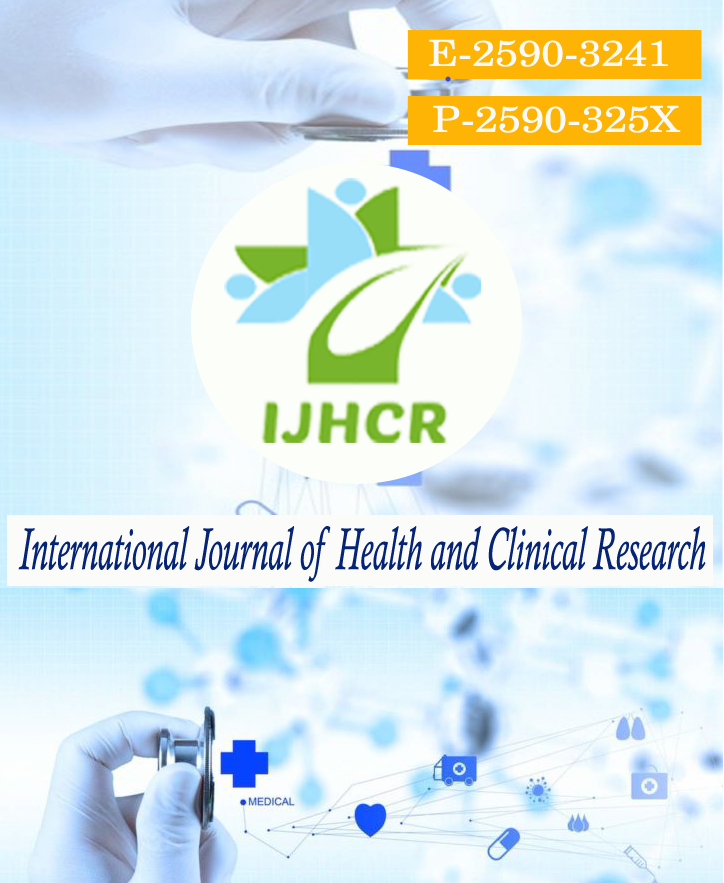
International Journal of Health and Clinical Research
Yazarlar: Vijay Prakash Kinikar, Yashaswi Pendyala, K. Vijay Kumar
Konular:-
Anahtar Kelimeler:Astigmatism.Temporal Scleral Incision,Post operative,Surgical.
Özet: Background: Surgically induced astigmatism is one of the obstacle to the achievement of good uncorrected visual acuity after cataract surgery. Pre-operative astigmatism,Incision length, shape, location, closure, healing, scleral cauterization, type of suture material used and its placement, position of IOL, and post operative steroids used all these factors affect corneal curvature. Aim & Objective: The aim to study the post operative astigmatism in superior small incision versus temporal small incision cataract surgery. Methodology: 100 consecutive cataract patients treated with small incision extra capsular cataract extraction were prospectively studied and followed up for at least 6 weeks. The present study was undertake from April 2018 to Feb 2021. Cases from Mamata general hospital, Khammam (Mamata Medical College, Khammam). Results: The patients were randomly divided into two group of 50 cases each. Group-I cases who underwent MSICS with PCIOL implantation through superior scleral incision ECCE. Group-II cases who underwent MSICS with PCIOL implantation through temporal small incision ECCE. During immediate post operative period i.e., 7 days after surgery. The average astigmatism in Group-I cases was 6.0D 1.82 and in Group-II was 2.75D 1.3. After 6 weeks of surgery average post-operative astigmatism was 4.20 D 1.17 in Group-I cases and 1.36 D 0.70 in Group-II cases. Conclusion: To conclude, temporal scleral incision in MSICS produces lesser surgically induced astigmatism as compared to superior scleral incision.